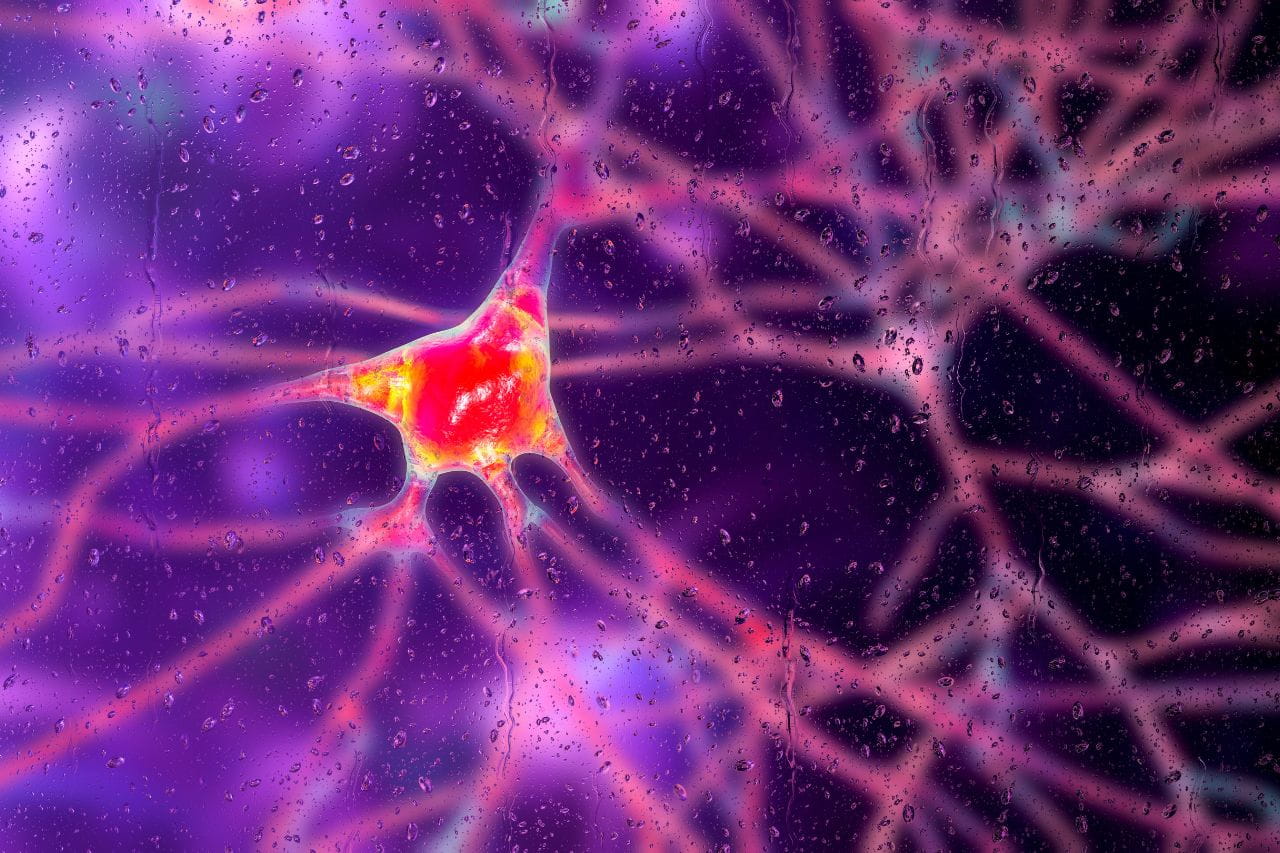What Is Early Onset Alzheimers Disease

Alzheimer’s disease is a form of dementia that affects memory, thinking, and language processing. Experts believe it’s caused by the accumulation of two proteins (amyloid and tau) in the brain.
It’s most common in people who are 65 or older. However, a variation of the condition called early-onset Alzheimer’s (or early-onset dementia) affects younger people.
What age is early-onset Alzheimer’s most likely to begin? It can develop in the 40s and 50s or even the 30s in some instances.
Early-Onset Alzheimer’s Symptoms
Early-onset Alzheimer’s symptoms (like typical Alzheimer’s) can be divided into three phases. Also called young-onset Alzheimer’s stages, they are early stage (mild), middle stage (moderate), and late stage (severe).Early-stage Alzheimer’s symptoms
- Forgetting important information, especially if it was recently learned
- Trouble managing bills, following recipes, or completing other tasks that involve problem-solving
- Asking for the same information repeatedly
- Misplacing objects
Middle-stage Alzheimer’s symptoms
- Forgetting facts about your personal history
- Forgetting things like the date or time of year
- Mood and personality changes
- Having trouble with bladder or bowel control
- Demonstrating increasingly poor judgment
- Being confused about where you are and how you got there
- Tending to wander and get lost
- Vision problems, including lack of depth perception
- Difficulty “finding” words or keeping up with conversations
- Increasingly poor judgment
- Avoiding social situations and withdrawing at work
- Repetitive behaviors like tissue shredding or hand-wringing
Late-stage Alzheimer’s symptoms
- Severe memory loss
- Extreme mood swings and behavior changes
- Increasing confusion about life events, including the date, time, etc.
- Mistrust of friends, family, or caregivers
- Difficulty speaking, walking, or swallowing
- Loss of awareness of your surroundings
- Requiring continual monitoring and assistance with personal care activities
- Increased susceptibility to infections, particularly pneumonia
How Is Early-Onset Alzheimer’s Diagnosed?
Doctors diagnose early-onset Alzheimer’s disease using several tests, including:
- Health history
- Cognitive tests for memory, problem-solving, etc.
- Urine, blood, and spinal fluid testing, if appropriate, based on other test results
- MRI or CT scans of the brain, if needed
Research on biomarkers (things like specific proteins in the body) for Alzheimer’s is underway and will likely make diagnosing the disease faster and easier in the future.
How Is Early-Onset Alzheimer’s Treated?
There’s no cure for early-onset Alzheimer’s. Doctors focus on helping patients maintain mental functioning and control over their behaviors for as long as possible.For example, medications like Donepezil, Memantine, Rivastigmine, and Galantamine may slow disease progression for anywhere from a few months to a few years. Doctors may also recommend cognitive training.
Living with Alzheimer’s disease or supporting an Alzheimer’s patient can be very challenging as the disease progresses. But researchers continue to learn more about dementia generally and early-onset Alzheimer’s in particular, with the goal of developing more effective ways to prevent and treat the condition.
Get Help with Early-Onset Alzheimer’s Disease From Baptist Health
If you experience symptoms of early-onset Alzheimer’s disease, contact your Baptist Health doctor. They can work with our behavioral health experts to diagnose your condition and develop a treatment plan to slow the disease’s progression and address the problems it causes.Before meeting with your doctor, it’s a good idea to make notes about your symptoms, such as when they occur and to what degree. It’s also helpful to have a friend or family member attend your appointment, if possible, as they may be able to provide additional information to your doctor and help you remember the advice or recommendations provided.


.jpg?rev=9ddf6790805749b994e44780efdfb13c)
